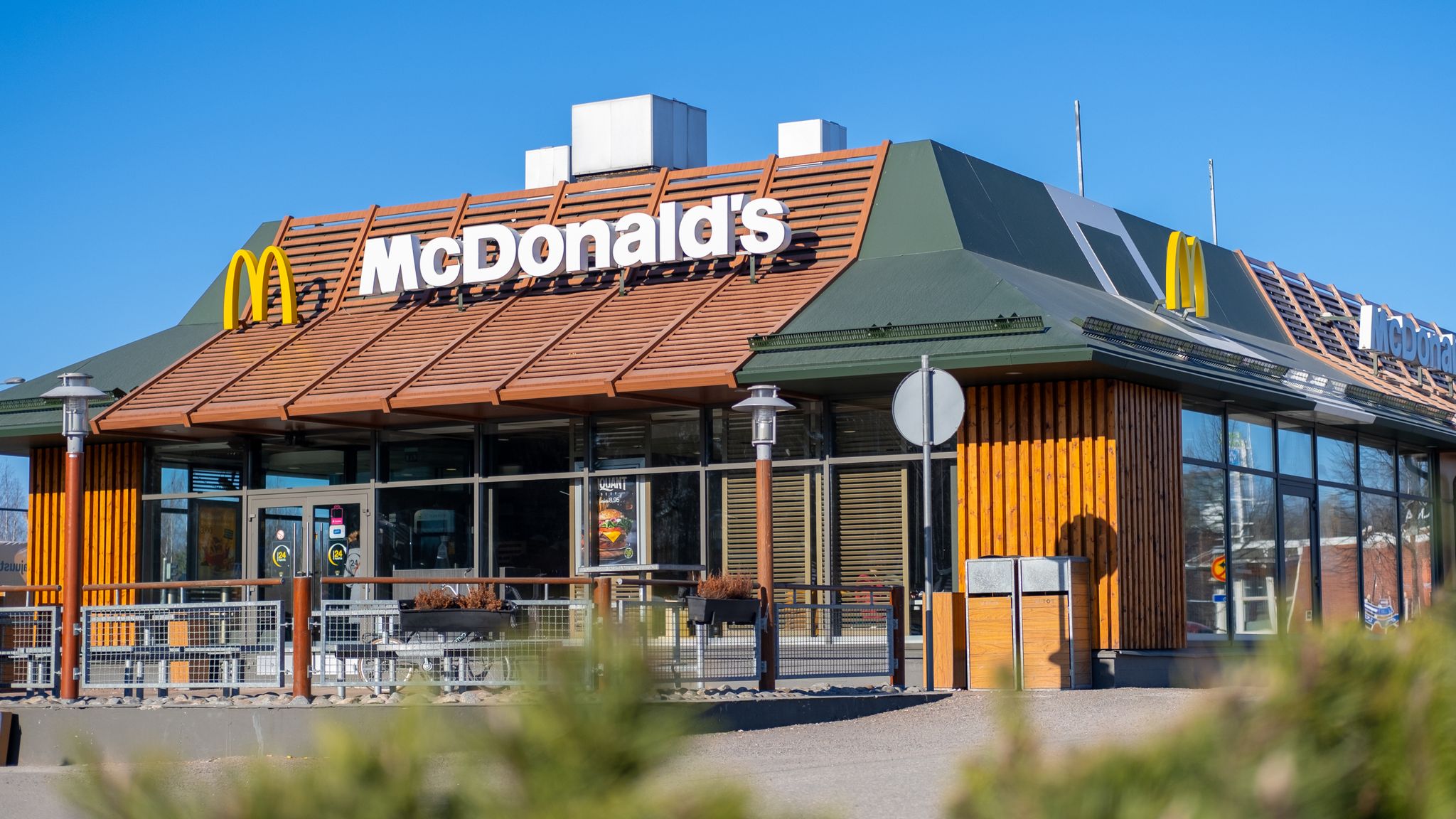A horrifying human trafficking operation was allowed to flourish within the UK’s supply chains for more than four years, as McDonald’s and several major supermarkets, including Tesco, Asda, Sainsbury’s, and Waitrose, failed to identify clear signs of modern slavery. According to a BBC investigation, a Czech family-run gang trafficked at least 16 vulnerable individuals from the Czech Republic into forced labor at a McDonald’s branch in Caxton, Cambridgeshire, and at a pitta bread factory supplying these top retailers.
The victims, many of whom were homeless or struggling with addiction, were exploited through grueling, unpaid work. Despite working between 70 to 100 hours per week, including extreme shifts such as a 30-hour workday for one individual, they saw none of the wages owed to them. The traffickers stole their earnings by controlling their bank accounts, forcing the victims to live in appalling conditions. Some were housed in overcrowded, substandard accommodation, including a leaking shed and an unheated caravan, while their wages were siphoned off to support the gang’s lavish lifestyle of luxury cars, gold jewelry, and real estate in the Czech Republic.
The extent of the gang’s control over its victims became clear as the investigation revealed that job applications had been completed by the traffickers themselves, with traffickers even attending job interviews as interpreters. Despite these alarming indicators, neither McDonald’s nor the supermarkets intervened, allowing the exploitation to continue unchecked. It wasn’t until 2019 that the authorities finally dismantled the trafficking network after some victims managed to alert the Czech police, who coordinated with their UK counterparts. By then, the gang had already stolen hundreds of thousands of pounds in wages.
Six members of the trafficking gang have now been convicted in two separate trials following a joint investigation by Cambridgeshire Police and Czech authorities. Yet, critics argue that the companies involved should have done more to spot and prevent such abuses. Former independent anti-slavery commissioner Dame Sara Thornton condemned the failure, stating that McDonald’s and the retailers missed multiple opportunities to protect these vulnerable workers. The case has reignited concerns about the effectiveness of the UK’s Modern Slavery Act, which critics say lacks the teeth necessary to hold companies accountable for monitoring their supply chains.
McDonald’s UK has since expressed regret over its failure to detect the abuse, stating that it is reviewing its procedures to better identify modern slavery risks, including the use of shared bank accounts and excessive overtime. The supermarkets involved have also committed to strengthening their oversight processes, with Tesco, Waitrose, and others vowing to tighten monitoring of their supply chains. However, former Prime Minister Theresa May, who spearheaded the Modern Slavery Act in 2015, has called for more stringent legislation. In her view, large corporations must take more responsibility for ensuring that forced labor is not embedded in their supply chains.
For the victims, justice has come late. After years of enduring inhumane working conditions and having their wages stolen, they are now beginning to rebuild their lives. The UK government has pledged to take further action to tackle modern slavery, but this case serves as a grim reminder of the vulnerabilities that remain in global supply chains. The question now is whether businesses will truly take the lessons from this tragedy to heart and implement the meaningful reforms needed to prevent future exploitation.








